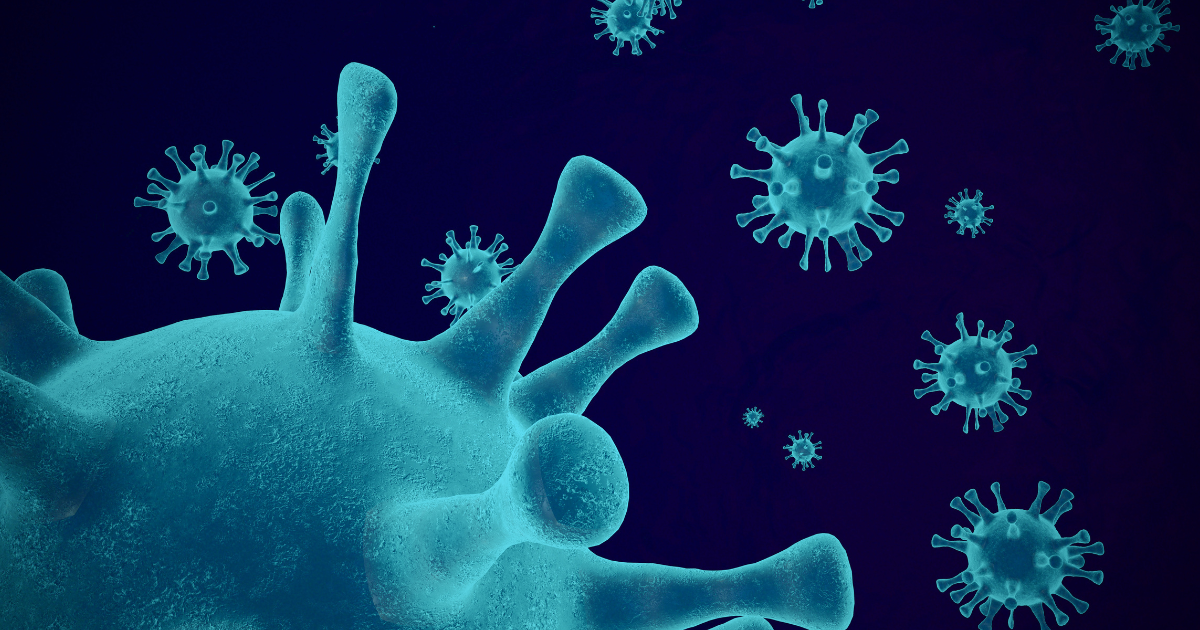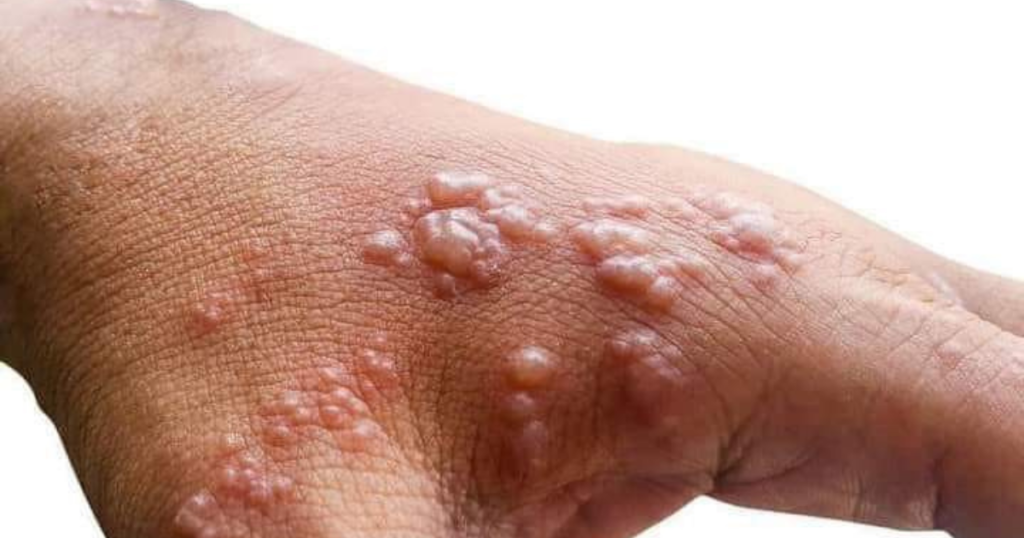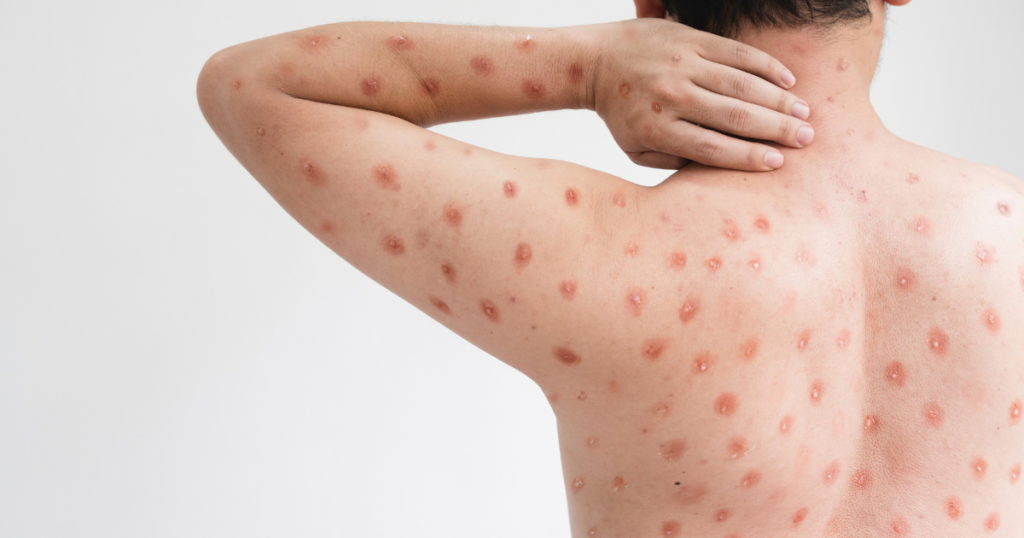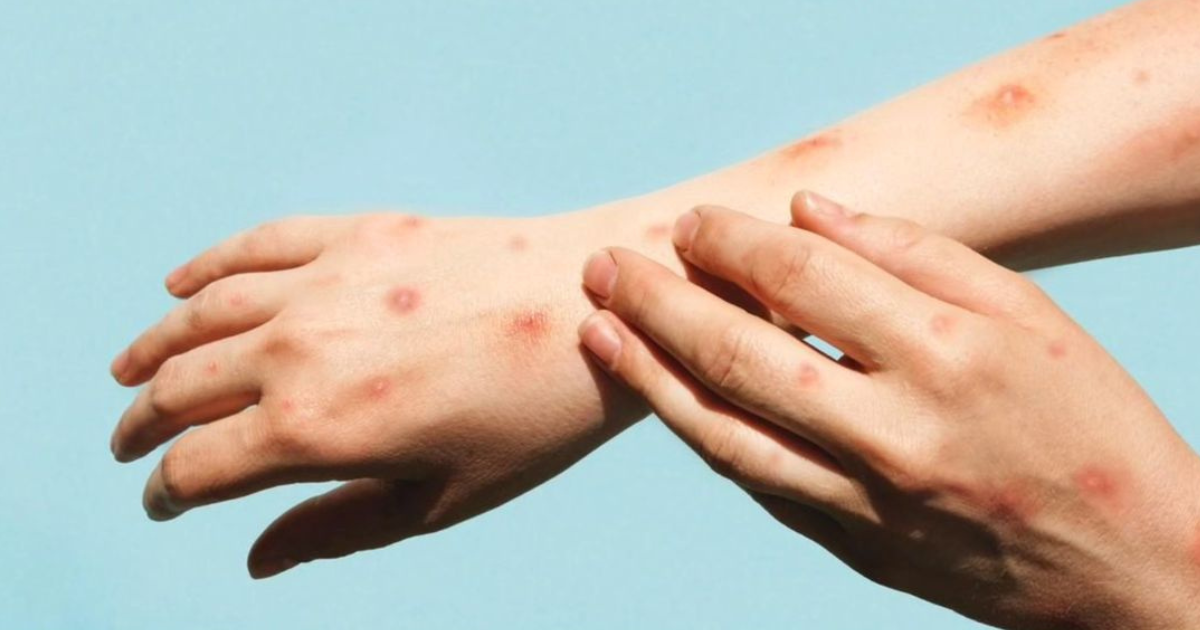Monkeypox, or Mpox, is a viral illness that has recently become a headline. This abnormal disease is caused by a virus of the same name, the Mpox virus, which usually affects rodents or nonhuman primates. But what’s the main issue? This disease, closely related to smallpox, can now occur in humans. For many years, this virus has been circulating in Africa and is now rapidly spreading to other parts of the world. So, it’s essential to know the facts about Mpox.
The World Health Organization (WHO) declared this contagious virus a ‘public health emergency’. As the number of cases rises, it is vital to understand the cause of spreading, its symptoms, treatment, and how to protect yourself.
Where Has Mpox Originated From?

Monkeypox was first discovered in African countries, but now it is spreading all over the world. It was first seen in humans in 1970 and hit particularly hard in the Democratic Republic of the Congo (DRC). Later on, it also became endemic in Central and West Africa. The virus has become more alarming when it comes in a more advanced version in 2022, known as clade1. By June 2023, the World Health Organization reported tens of thousands of infected people, and the DRC government called the outbreak an epidemic. The virus is now detected in more than 15 countries in Africa, with a death ratio of 19% and a 160% increase in cases.
Recently, Pakistan confirmed its first case of this deadly virus in August 2024. The patient is from Saudi Arabia and was detected the day before the Swedish government announced its first case, linked to clade 1. The European Centre for Disease Prevention and Control (CDC) highlights increased awareness among travelers. After determining the cause of the virus’s spread, the CDC heightened the risk level from ‘low’ to ‘moderate.’
Facts About Mpox
-
What Is Clade 2b Mpox?

The Clade 2b mpox is the type that caused an international outbreak that barely leads to death. In July 2022, the WHO declared it a global health emergency, but it was less severe. It usually affects gays and bisexual men. More than 100 new cases of clade 2 have been reported monthly in European countries. On the other hand, clade 1b is a type of mpox that quickly spreads through regular close contact.
-
How Does Virus Spread?

Human-to-human transmission occurs through direct contact with skin abrasion, close interaction like sex, and even through respiratory droplets when breathing too close to others. An infected pregnant woman can spread this deadly virus to the fetus. Wait, it’s not enough! The virus can also spread when non-infected people handle contaminated objects like blankets, bedsheets, electronics, or towels.
-
Spread Through Animals

The mpox virus can be transmitted not only through humans but also via animals and on animals. An infected person in physical contact with animals can potentially spread the contagious virus to them. Similarly, an ordinary person who gets close to animals that carry the virus may also develop mpox. The virus enters through bites, scratches, or contact with wounds.
-
Start Of Symptoms

Mpox symptoms typically appear 3 to 17 days after infection, called the incubation period. Early symptoms include fever, chills, skin rash, aches, and swollen lymph nodes. The skin lesions first appear on the face, hands, and feet and then gradually spread throughout the body. The latest research also shows that the rash often starts from the genital area, mouth, or throat.
- Pustules All Over The Body

The quantity of the lesions depends on the severity of the infection. Some people experience mild symptoms with less than 25 lesions, while in severe cases, many individuals can face hundreds of lesions covering their bodies. There are many stages of rash. First, it’s a flat spot that turns into blisters. Then, these blisters have pus in them, scab over, and heal up by falling off in 14-28 days.
-
When Can Infection Be Spread?

When can someone spread the infection? One can spread the virus from the day the symptoms occur. Avoid contact with others if you have new mpox symptoms or any abnormal rash. So, the duration is from the first day of symptoms until the scabs have fallen off on their own and the rashes are fully healed.
-
Who Is At Risk?

Do you know who is at risk for deadly mpox? People with weak immune systems, untreated HIV patients, children, newborn babies, and pregnant women are more likely at higher risk of mpox disease. The mpox virus may easily affect them, and in severe cases, it can lead to death.
-
Protection From Mpox Virus

Now, the main question is how to protect yourself from this virus. It involves personal hygiene, like washing hands frequently with soap and water. Avoid close contact with infected persons, such as not sharing any contaminated objects or skin-to-skin contact. Make sure to seek medical attention immediately if you have any infected people around.
-
Is There Any Cure?

After understanding what mpox is, its symptoms, and its cause of spreading, the question arises: Is there any treatment or vaccines for mpox? There is no specific treatment for mpox, but yes, several vaccines are recommended by the UN health agency. These antiviral drugs, which have been used to treat smallpox, effectively reduce the risk of this infection.
-
Another Covid 19?

Are we going to lock down again in the WHO European region? Is it another COVID-19? The answer is clearly ‘NO’. The WHO’s European director, Dr. Hans Kluge, said, “Mpox is not the new COVID. ” He insisted that we already know much about this virus and can still control it.
Could Mpox Disease Spread Further?
While developed countries may be able to quickly overcome this contagious disease, the concerning condition is in Africa. The virus is still spreading faster in the African state. Researchers believe that the spread will become limited with some quick identification and intelligent responses to new outbreaks. However, central Africa is still at the center of attention because of the most significant threat. So, remember these facts about Mpox.
The COVID-19 pandemic has taught us to act quickly and smartly, taking precautions early to avoid spreading the infection. Public health agencies warn people to remain attentive and take every crucial step to protect themselves and their surroundings. It will be the key to keeping mpox under control!


